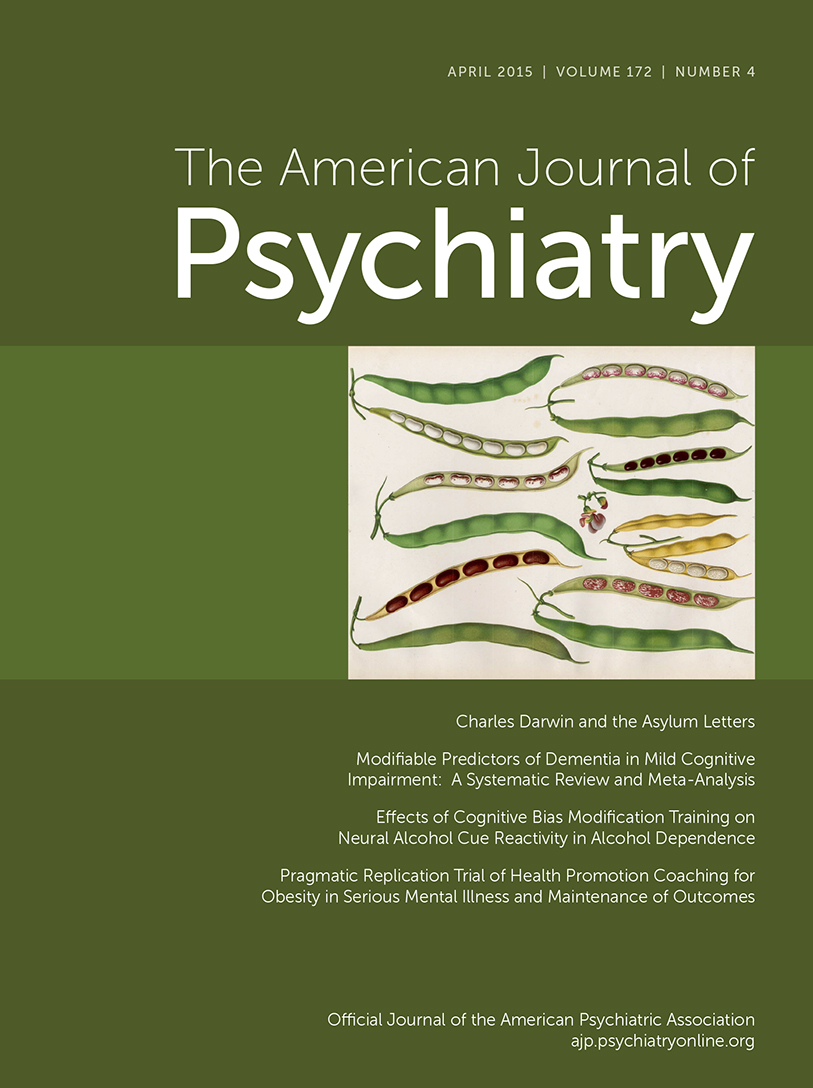Sex Difference in Response to Varenicline for Smoking Cessation
To the Editor: A major finding reported by Jed E. Rose, Ph.D., and Frédérique M. Behm, C.R.A. (1), in the November 2014 issue of the Journal, was a significant sex difference in response to the varenicline plus bupropion combination for smoking cessation, viz., men had a significantly better response to the combination than to varenicline alone (i.e., plus placebo), whereas women had a similar response to the combination and to varenicline alone. This finding is mentioned in the accompanying editorial by Potter (2) as extending to the finding of several previous clinical trials and meta-analyses that “male smokers benefit from nicotine replacement therapy to a greater degree than female smokers.” However, neither the authors nor the editorialist mentions the between-sex comparison for varenicline alone (i.e., within the varenicline plus placebo group). The data in Figure 2 of the article (blue bars represent the varenicline plus placebo group for male and female participants) show a higher percent of abstinence for women (30%) than for men (19%) in the varenicline plus placebo group (i.e., a better response to varenicline in women than in men, contrary to the pattern for nicotine replacement therapy and previous trials with varenicline alone) (2). The error bars (standard deviation, not standard error of the mean) barely overlap, suggesting that this difference is statistically significant. Thus, at least part of the sex difference in response to varenicline plus bupropion may be a result of women responding better than men to varenicline alone, thereby reducing the opportunity for them to show enhanced response with the addition of bupropion.
1 : Combination treatment with varenicline and bupropion in an adaptive smoking cessation paradigm. Am J Psychiatry 2014; 171:1199–1205Link, Google Scholar
2 : Smoking cessation in men and women. Am J Psychiatry 2014; 171:1148–1150Link, Google Scholar



